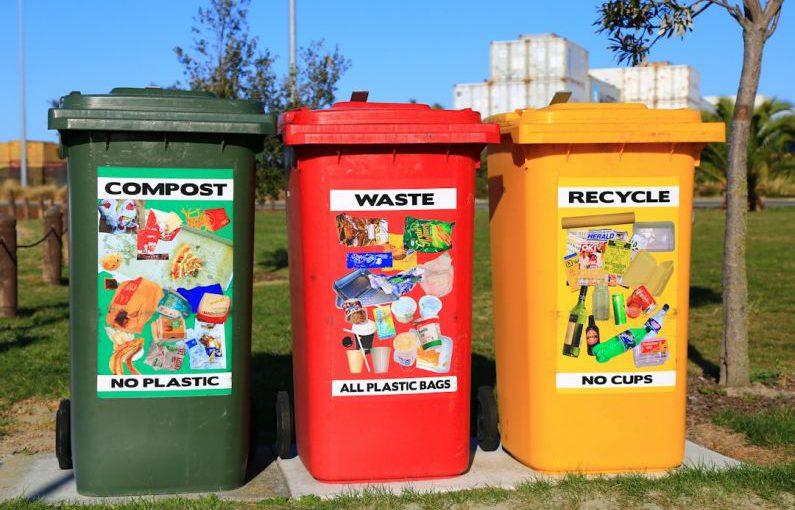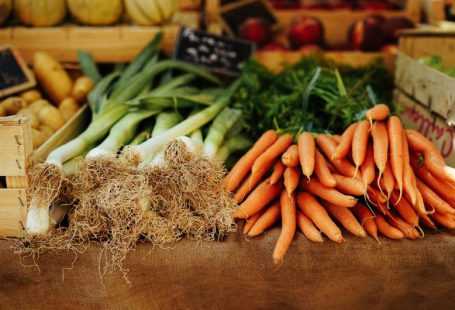Composting has been gaining popularity in recent years as more people become aware of the benefits it offers for both the environment and their gardens. One of the key components of successful composting is food waste. Instead of throwing away food scraps, turning them into compost can significantly improve soil health and contribute to a more sustainable way of living.
The Magic of Food Waste in Composting
Food waste is a valuable resource that, when composted properly, can work wonders for soil health. When organic matter such as fruit and vegetable scraps, coffee grounds, and eggshells decompose, they release essential nutrients that are beneficial for plants. These nutrients, including nitrogen, phosphorus, and potassium, help improve soil fertility and support plant growth.
In addition to providing nutrients, food waste also helps improve soil structure. Compost acts as a natural soil conditioner, enhancing soil texture and promoting better water retention and drainage. This means that plants grown in compost-amended soil are better able to access water and nutrients, leading to healthier and more robust growth.
Reducing Waste and Landfill Impact
By composting food waste, individuals can significantly reduce the amount of waste that ends up in landfills. When organic matter decomposes in a landfill without access to oxygen, it produces methane, a potent greenhouse gas that contributes to climate change. Composting food waste instead allows for aerobic decomposition, which produces carbon dioxide—a much less harmful greenhouse gas.
In addition to reducing greenhouse gas emissions, composting food waste helps divert valuable nutrients back into the soil. Rather than letting nutrients go to waste in a landfill, composting allows these nutrients to be returned to the earth, where they can benefit plants and contribute to a more sustainable food production system.
Getting Started with Composting
Composting food waste at home is easier than you might think. All you need is a compost bin or pile, food scraps, and a little bit of patience. To get started, collect your food waste in a designated container in your kitchen. This can be a small bin that you keep on your countertop or under the sink.
When your bin is full, transfer the food scraps to your compost pile or bin outside. Remember to layer the food waste with other organic materials such as leaves, grass clippings, or shredded paper to ensure proper aeration and decomposition. Turn the compost pile regularly to help speed up the decomposition process and prevent odors.
Using Compost in Your Garden
Once your compost is ready, you can use it to improve the health of your garden soil. Spread a layer of compost over your garden beds in the spring or fall to enrich the soil and provide essential nutrients for your plants. Compost can also be used as a mulch to help retain moisture, suppress weeds, and regulate soil temperature.
Conclusion: Embracing the Power of Food Waste
Composting food waste is a simple yet impactful way to boost soil health, reduce waste, and contribute to a more sustainable future. By harnessing the power of food scraps, individuals can create nutrient-rich compost that benefits their gardens and the environment. So, the next time you’re tempted to throw away food scraps, consider composting them instead—your soil will thank you.





